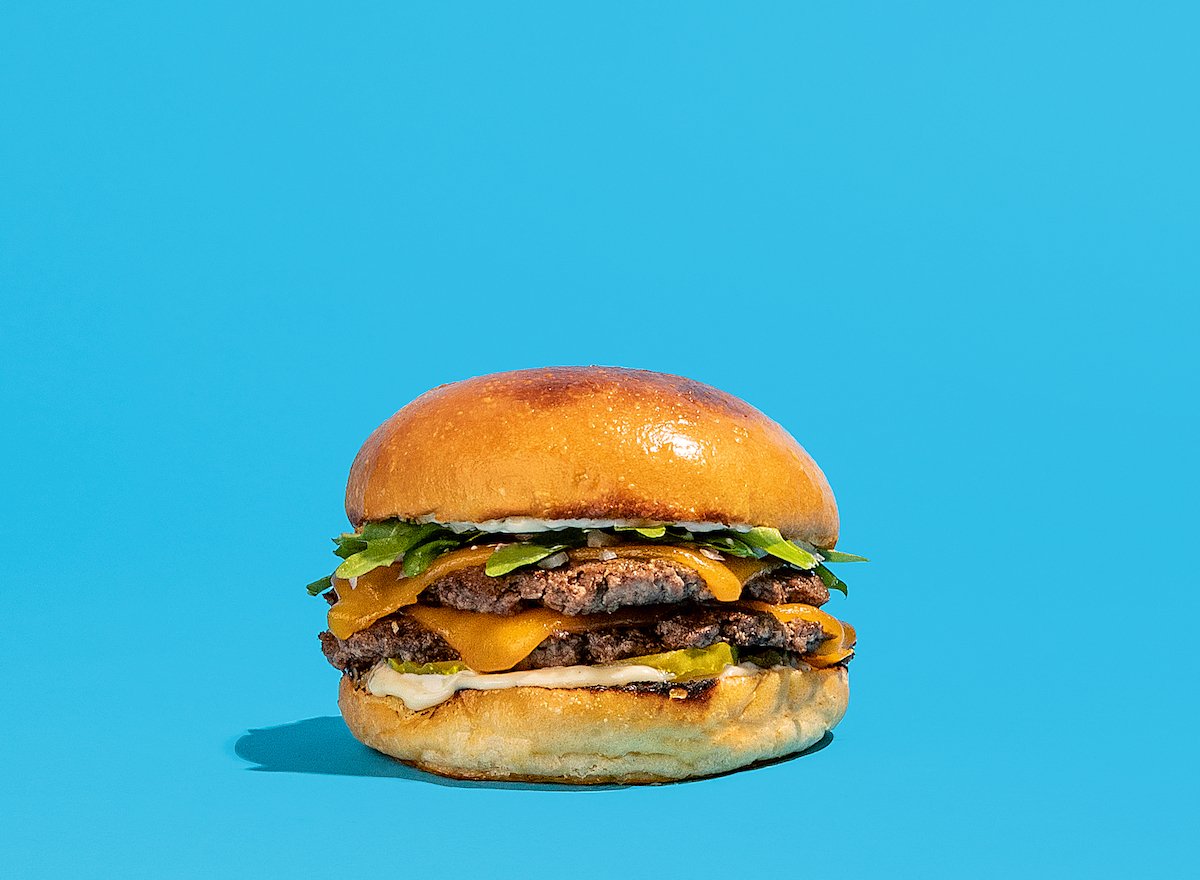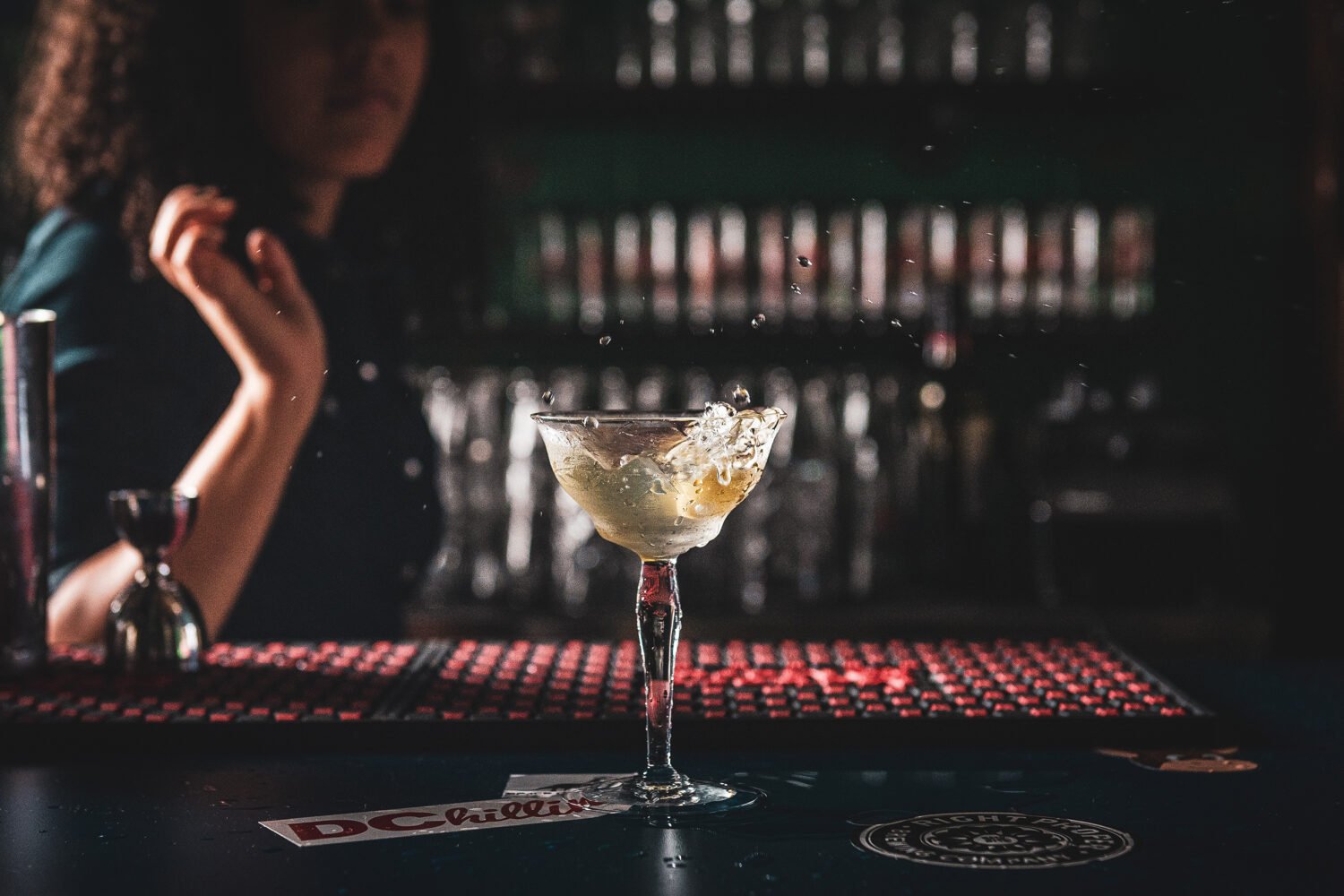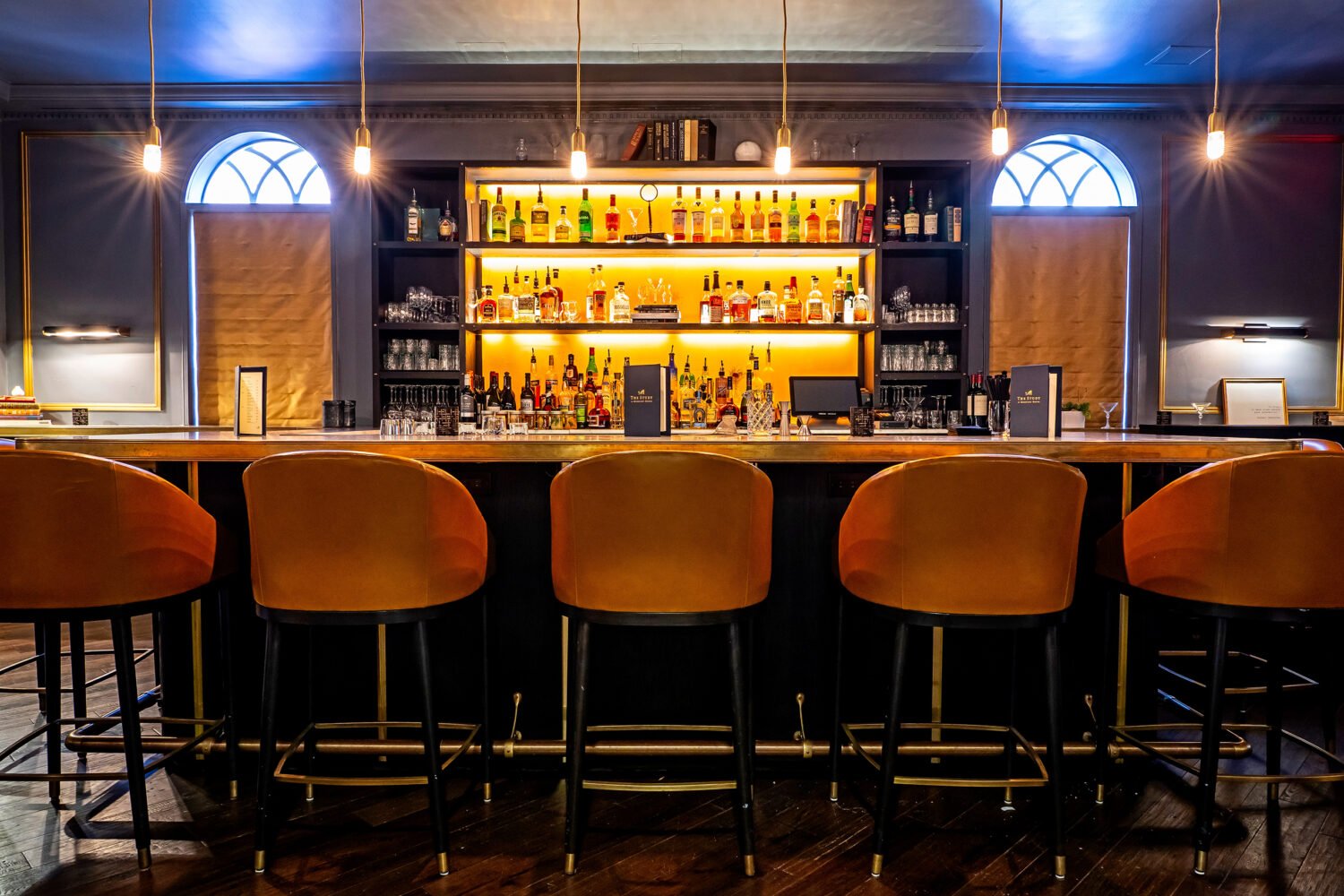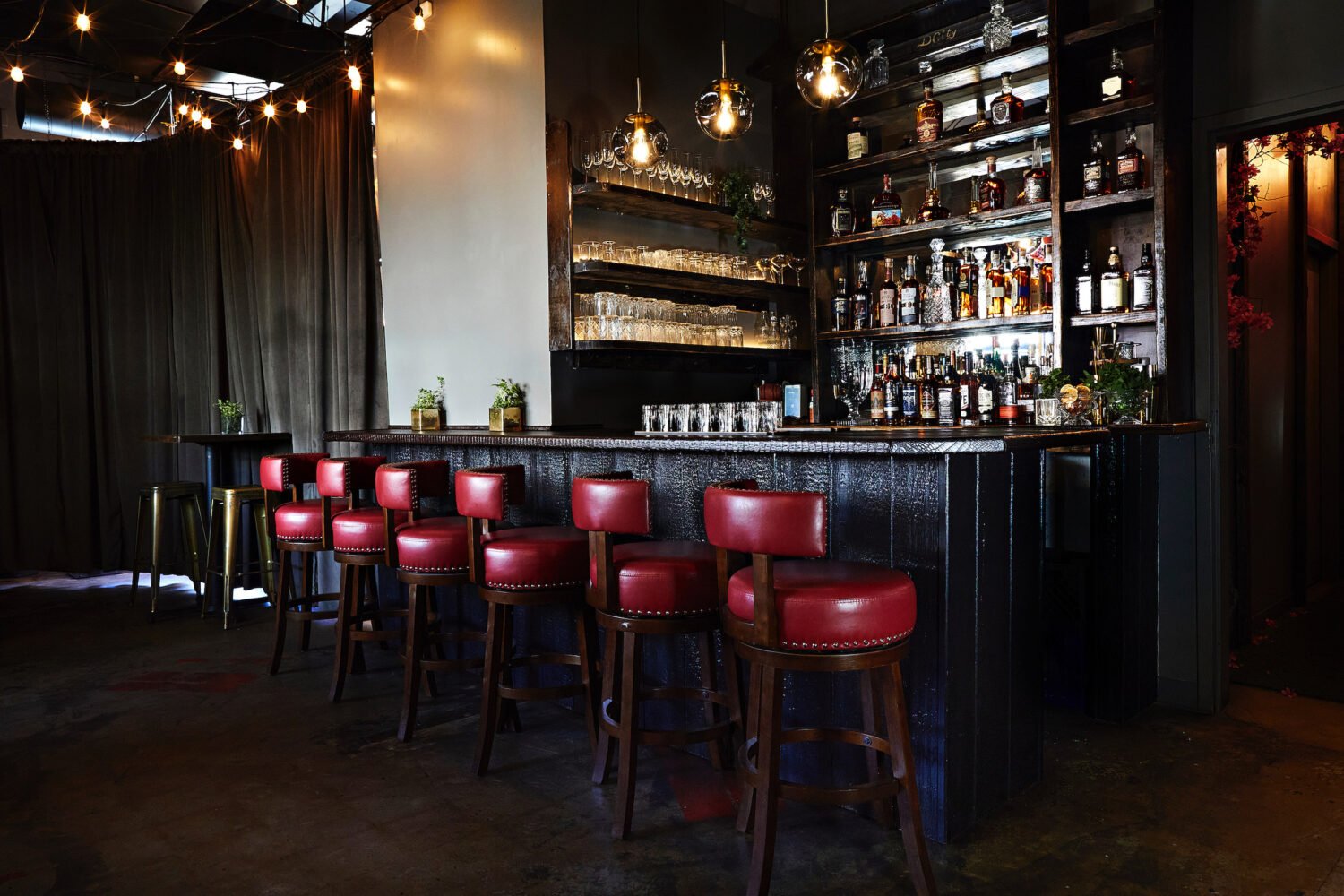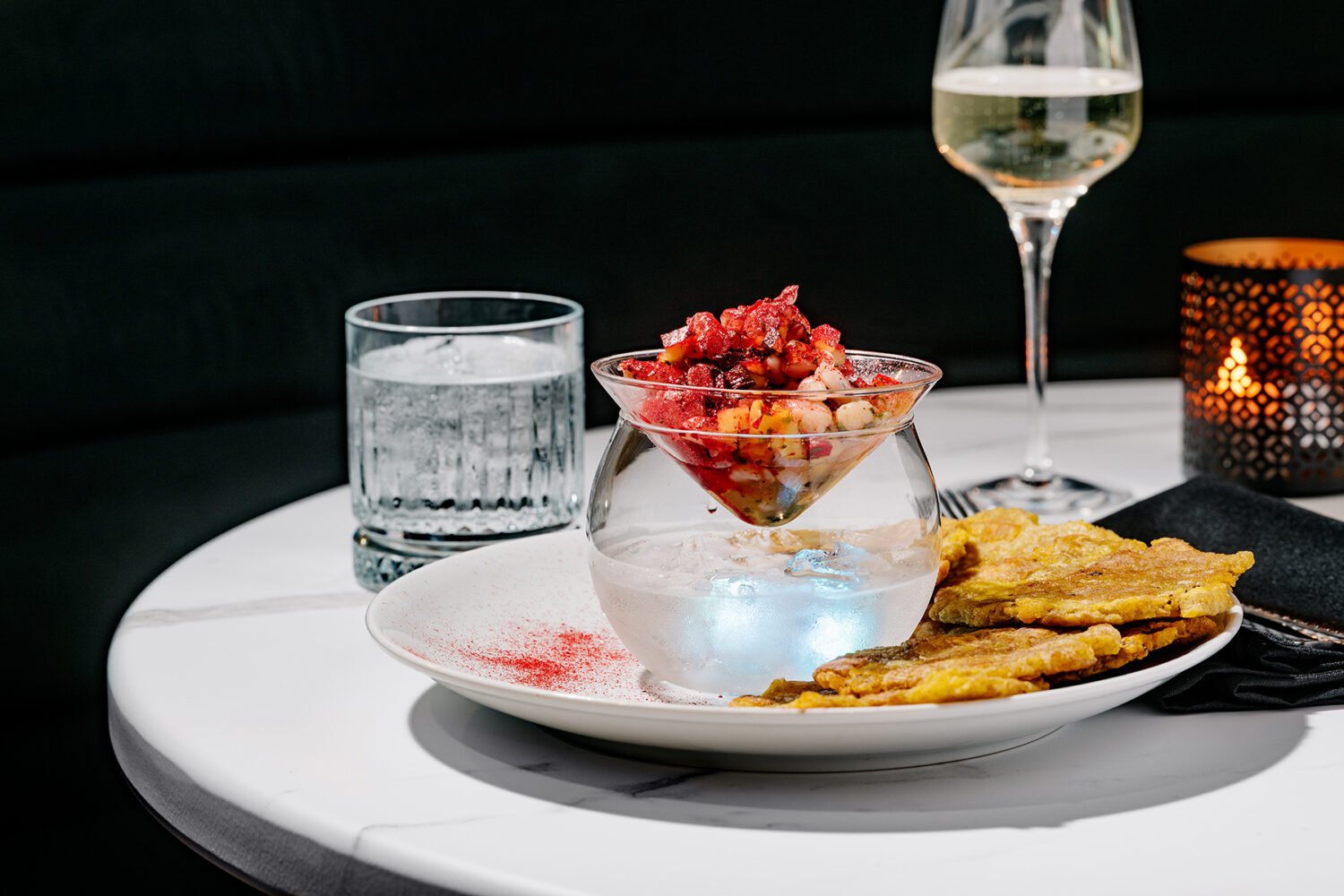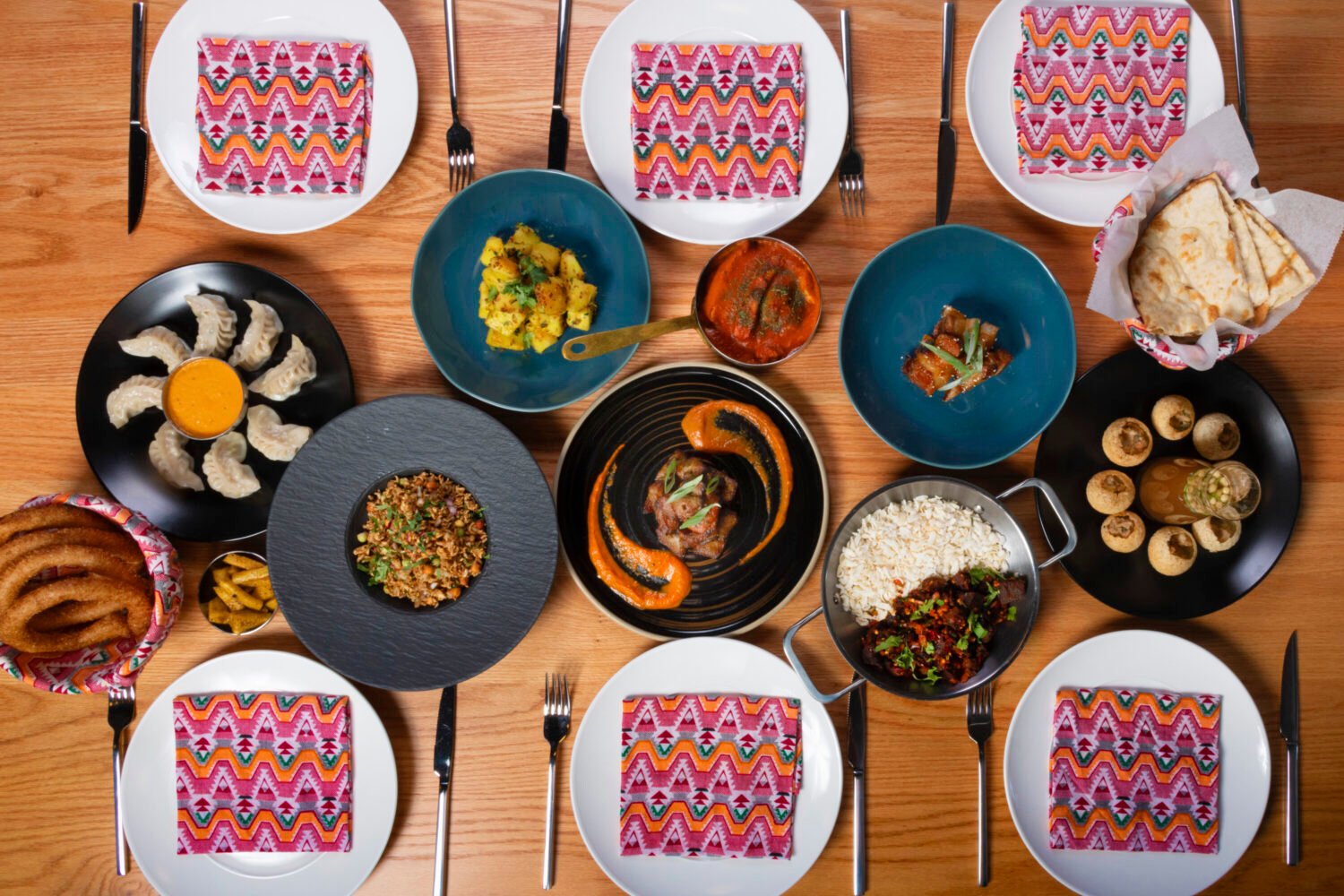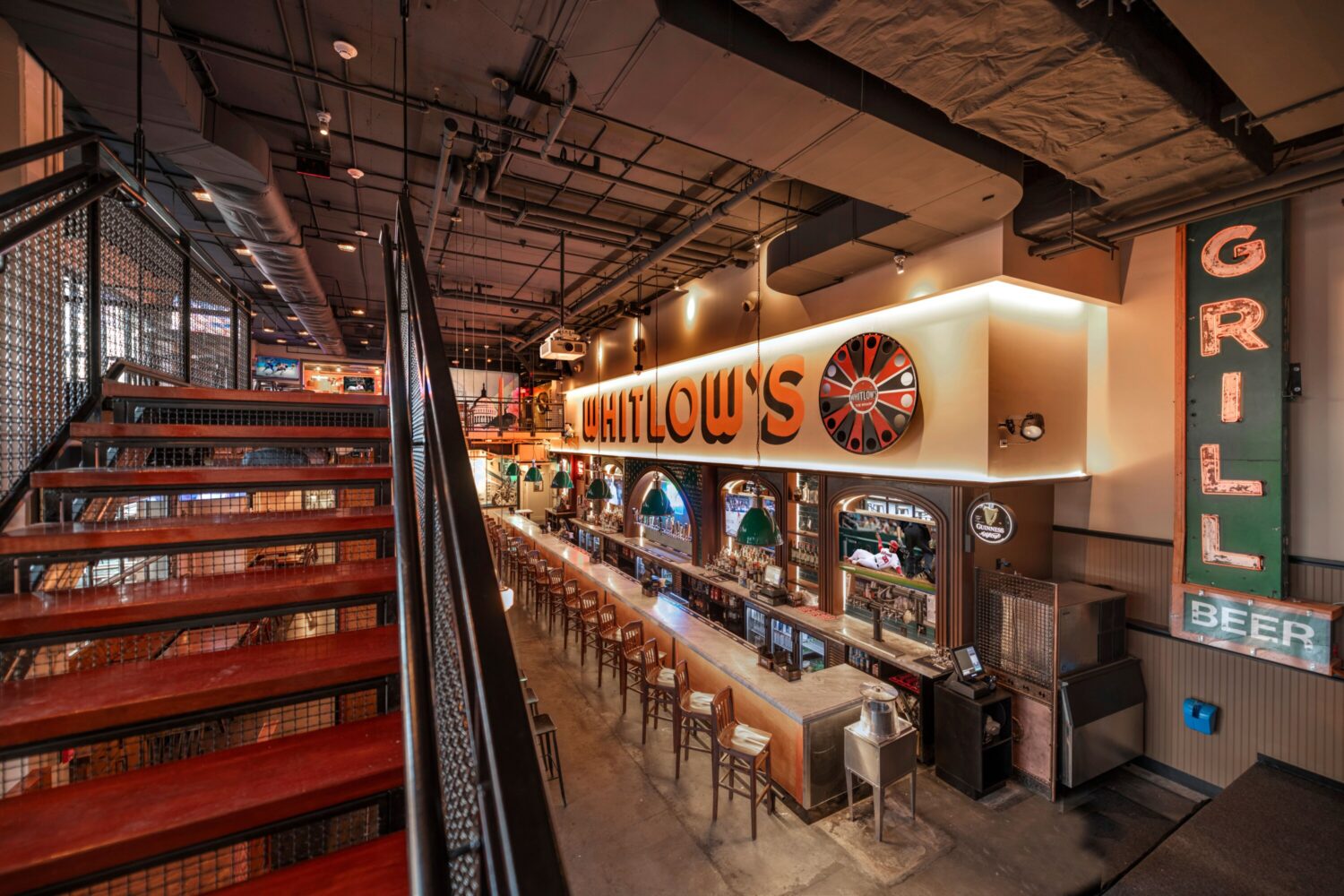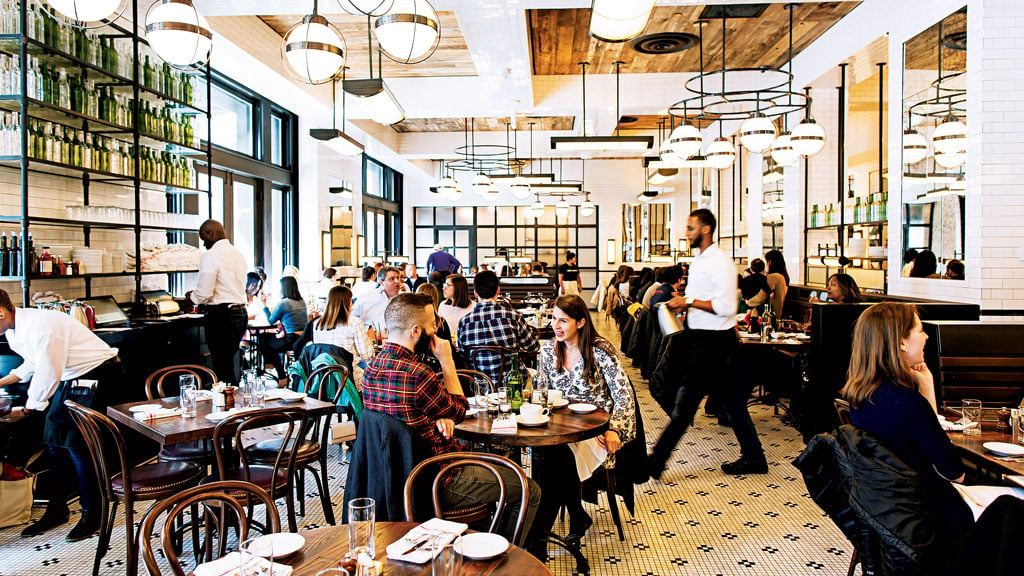About Restaurant Openings Around DC
A guide to the newest places to eat and drink.
Swizzler co-founders Jesse Konig and Ben Johnson love fast food. But, like many of us, the food truck entrepreneurs don’t love how fast food makes them feel—nor the factory farms that support mega-chains. So, bolstered by six years of selling grass-fed beef hot dogs and burgers on the road, the Swizzler crew is ready to break into the fast-casual game with an actual shop in Navy Yard—and they hope to do so in a big way.
“We want to build the future of fast food,” says Konig, who plans to open the burger restaurant on Friday, November 6. “If we were going to make McDonald’s for millennials, what would that look like?”
Konig says the goal is to copy a lot of what people love about Mickey D’s—speed, affordability, and the approachable deliciousness of a griddle patty with crispy fries. The difference here is that fries and veggie burgers are made in-house with minimal ingredients and no preservatives. And you can get 100 percent grass-fed quarter-pound cheeseburgers on local Pop’s Buns starting at $3.89 (a McDonald’s quarter pounder is $3.79 by comparison).
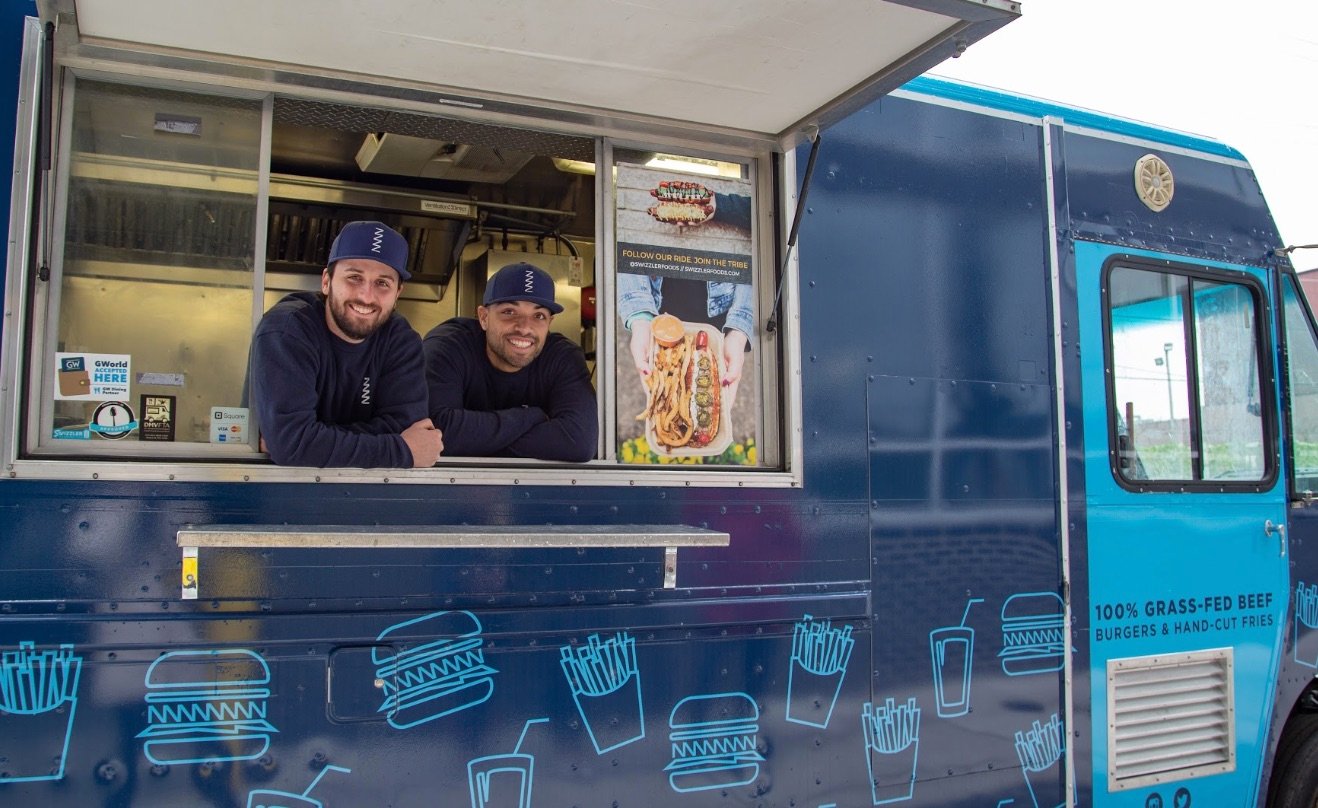
What really differentiates Swizzler from the “better burger” pack is that the beef all comes from Joyce Farms, a regenerative agriculture co-op in Winston-Salem, North Carolina (previously the team worked with local regenerative farm APD for burger specials).The holistic farming method—arguably even higher on the good-food pyramid than organic—involves grazing animals 100 percent on grass in a way that enriches the land as well as the livestock. Champions of the method, including Joel Salatin in The Omnivore’s Dilemma, argue that they can counteract a whole slew of problems linked to ranching—wild fires, soil degradation, run-off, lack of biodiversity—using these methods. And the meat tastes good, too.
“One easy way to think about it: sustainable is keeping things sustained, a flat line. Regenerative is making things better—curving up,” says Konig. “Given the state of the world, if we keep things the same, we’ll drive off a cliff. We need to make improvements.”
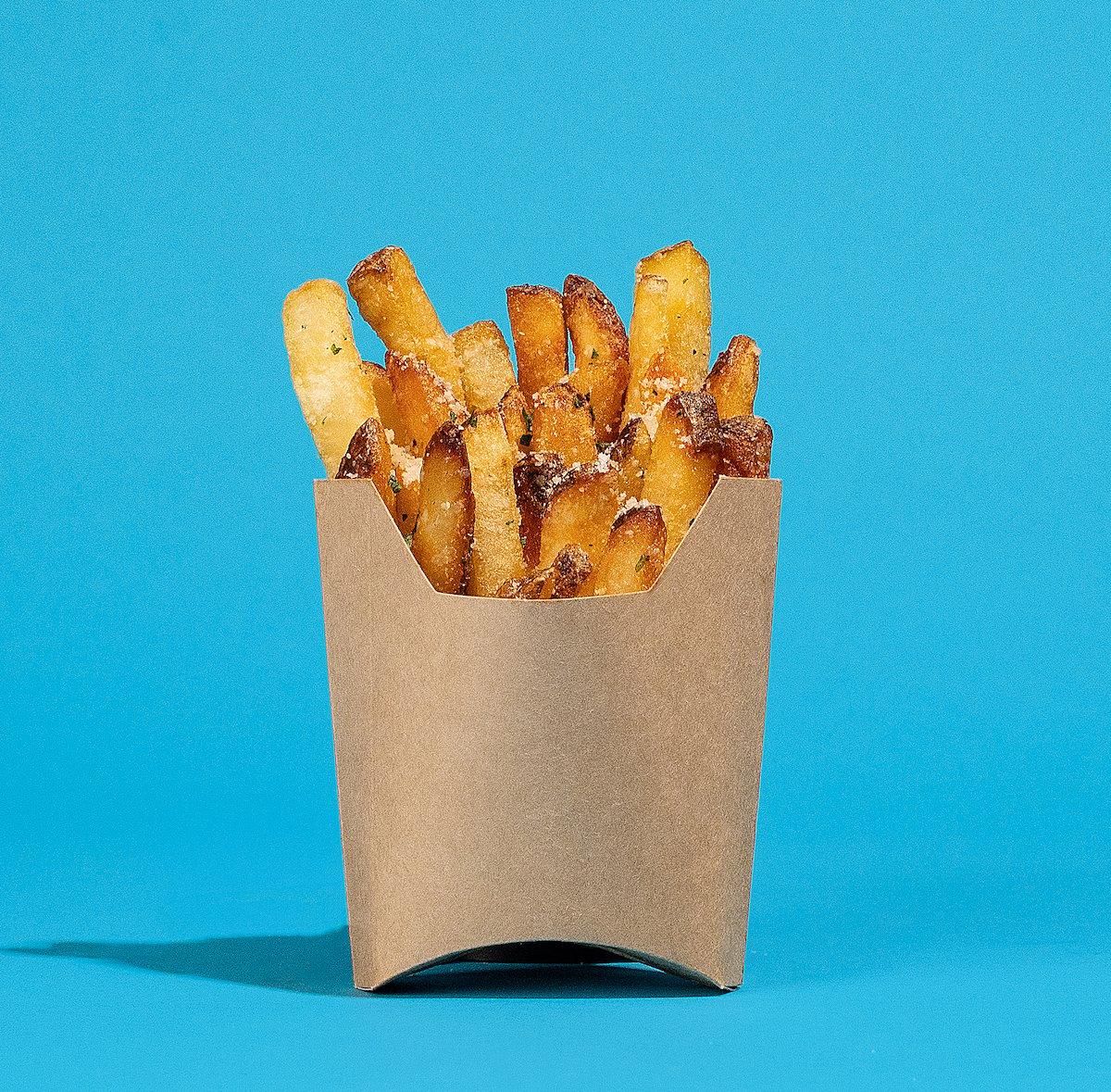
No surprise, regeneratively farmed beef is also typically expensive. But Konig says they’ll keep prices low by streamlining the business model in other ways. The menu is concise: five styles of single or double beef burgers, two veggie/vegan options (a sweet potato-tahini patty or beet), fries, and drinks. Diners can keep it simple with a cheeseburger and cane cola, or get more elaborate with combinations like a bacon-cheddar-candied jalapeño double stack with parmesan-truffle fries. And if you’re in the mood for a Swizzler hot dog, you may find the truck parked outside.
Another things millennials like: convenience. To that end, the fast-casual restaurant will be outfitted with a pick-up window that’s a little like an Amazon locker at the grocery store. Customers can order on their phones, pop open the window, and grab the food—perfect for this no-contact pandemic world, or in a brighter future, when you’re rushing to catch a game at nearby Nationals Park.
Swizzler. 1259 First St., SE

